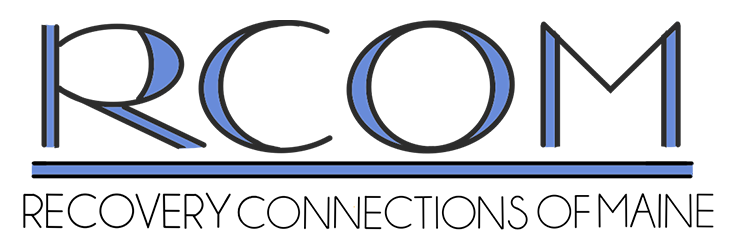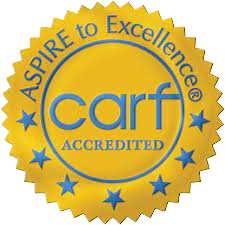Follow Us x
Phases
Recovery Connections of Maine uses a multi phase treatment approach in combination with medicated assisted treatment. Based on the biopsychosocial assessment we will recommend the correct phase of treatment for an individual. We then make a referral to one of our medical providers to assess the need for addiction medicine. The following is a description of the phases of treatment and the requirements of each.
Phase 1.
Intensive Outpatient Program. Phase one is the IOP phase into treatment. It is 5 days a week and 3 hours a day with medical appointments weekly. This is approximately 30 sessions although after the first 3 weeks a client will be evaluated by the clinical team. If a client is stable they will be considered for transition into the 2nd phase of treatment. (Approximate 6 weeks)
Requirements for Phase 1
- Weekly Medical Appointments
- 5 sessions a week IOP
- Weekly pill counts (If applicable)
- Weekly and random urine analysis
- Individual meetings with recovery coach
- Minimum 2 family or concerned person meetings with a counselor or group
Actions to transition into the next phase:
- Articulate your story of recovery (either through writing or spoken word)
- Be working on an after care plan for less intensive treatment
- Complete Resume or volunteer application
- If in need of housing have housing applications submitted
- Consistent attendance in treatment
- Attainable goals
- Concerned person involvement in treatment
Phase 2.
Induction phase. This phase of treatment consists of less intensive but regular attendance during the a week. This phase a client begins to work more intensely with an individual counselor as well maintain contact with group sessions. Approximately 30 days or 12 to 15 sessions , (Approximate 4 weeks)
Requirements for phase 2
- 3 sessions a week
- 1 individual and 2 groups or 2 individuals and 1 group.
- Monthly meetings with counselor and family or concerned person
- Medical appointments at providers discretion
- Bi weekly pill counts (If applicable)
- Weekly Urine analysis.
Actions to transition into the next phase:
- Attained employment or volunteer opportunity
- Recovery Community Involvement
- Consistent Attendance in treatment
- Completion of goals from treatment plan
- Concerned person involvement in treatment
Phase 3.
Stabilization phase. This phase of treatment a client is making strides in their recovery they are stable. Clients in this phase of treatment are requiring less intensive treatment. Clients are working towards maintenance in their recovery. Primary counselor and client may request less treatment or accommodations due to vocation or educational pursuits through clinical team meeting. 90 days or 24 sessions. (Approximate 4 months)
Requirements for phase 3
- 1 individual session a week
- 1 group session a week
- Random Urine Analysis
- Random Pill Counts (If Applicable)
- Medical Discretion on appointments
- Monthly meetings with family member or concerned person
Actions to transition into the next phase:
- Family involvement in treatment
- Consistent attendance in treatment
- Long term or steady employment or volunteer involvement
- Recovery community involvement
Phase 4.
Maintenance phase. This phase of treatment sees clients that have been in treatment and have worked themselves through the previous phases of treatment. (Approximate indefinite)
Requirements
- 1 individual session monthly
- 1 group sessions monthly
- 1 medical appointment monthly
- Random Pill Counts
- Random Urine Analysis

